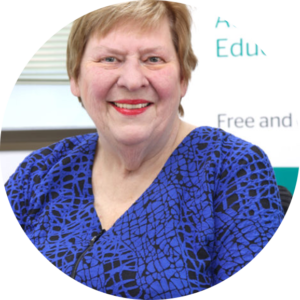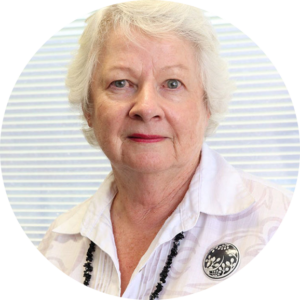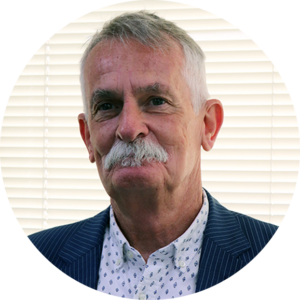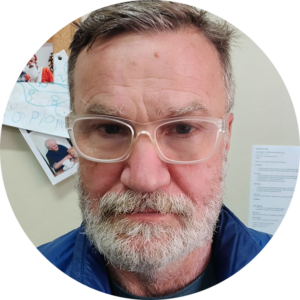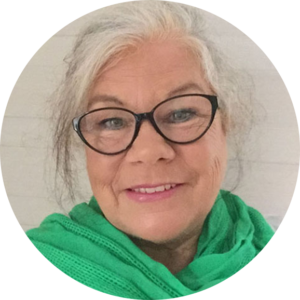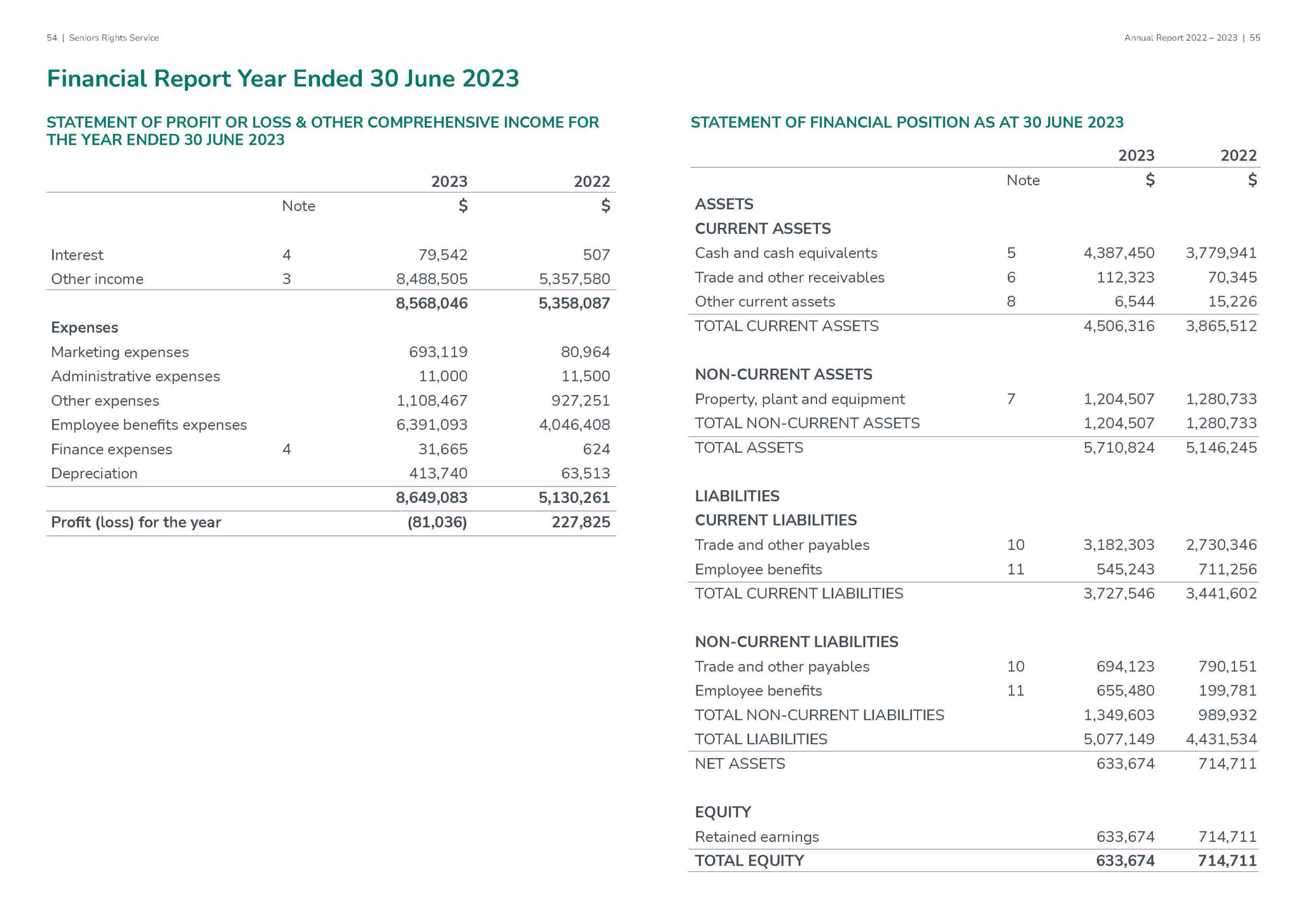For the first three quarters of the 2022 – 2023 financial year, we continued to deal with the impacts of the COVID-19 pandemic on older people across NSW. The Omicron wave impacted people living in aged care, their families and loved ones through lockdowns and staff shortages across the sector. Seniors Rights Service met the challenges by providing online meetings for residents and loved ones that brought together the aged care providers, including their CEOs and care staff, local public health units and primary health networks.
These meetings were also attended by the Federal Deputy Chief Medical Officer and the Aged Care Quality and Safety Commission so that residents and loved ones could ask the questions they needed answers for directly to the facility, with professionals on hand to answer systemic questions about the lockdown periods and closure environment. For the final quarter of this financial year, we were able to access many more facilities face-to-face to deliver rights-based information sessions, and we look forward to continuing in-person sessions in the future.
Fundamental to reform is the need for the new Aged Care Act to be grounded in human rights principles. Seniors Rights Service has been a vital partner in these critical discussions, strongly advocating for the rights of older people to be enshrined in the new Aged Care Act. Seniors Rights Service firmly believes that there is a need for the government to guarantee an adequate workforce to ensure that quality of life and care are available for all older people. An aged care transformation sparked by the Royal Commission into Aged Care Quality and Safety is a once-in-a-lifetime opportunity to rebuild the sector to prioritise the rights of older people.
Seniors Rights Service has grown significantly, and we have increased the size of our advocacy and legal teams, with the addition of financial advocacy specialists and community development network officers, as well as a pilot project working to ‘Check In’ on isolated and vulnerable older people who are not currently connected to services that can support them at home. This growth has significantly increased the number of people we are supporting, both in residential home care settings and at home. In addition, our legal services have expanded to include a Domestic, Family and Sexual Violence solicitor working across the sector to provide expert legal advice and support.
Seniors Rights Service supported 17,130 older people across NSW this year.
We provided individual advocacy and information to 10,098 older people. We delivered 1,867 information and education sessions across NSW to increase knowledge and awareness of older people’s rights and ensure that issues such as scams and financial abuse were front and centre in older people’s minds. This included our signature event, Info Bingo, held in Armidale, where 250 older people attended a day of information that bought bingo, socialising and lots of information to older people and increased their knowledge and awareness about their rights, scams and how to safeguard themselves against abuse and exploitation. This event was incredibly well received, and we will extend it to each region across NSW.
Our legal services gave advice and information to 2,485 older people in this reporting period. Seniors Rights Legal Service provides individual legal advice for older people across NSW about guardianship and consumer matters before the NSW Civil and Administrative Tribunal and superior courts. We also offer legal assistance through people appointed as an Enduring Power of Attorney or decision-maker appointed by the NSW Civil and Administrative Tribunal so that the views and wishes of the older person could be met.
The Seniors Rights Legal Service engaged with community groups and organisations to raise awareness of people’s rights and responsibilities under the law, provided comment and advocacy for systemic change to improve the laws of New South Wales and represented clients in strategic litigation. Much of our litigation was in the Supreme Court Equity Division, seeking to return ownership of residential property fraudulently taken from an older person by their adult children.
This year, Seniors Rights Service has also supported residents and families from 19 aged care services that have been sanctioned or received a Notice to Agree due to a serious risk assessment by the Aged Care Quality and Safety Commission. In addition, we have supported residents and families of 13 aged care homes that have closed this year.



